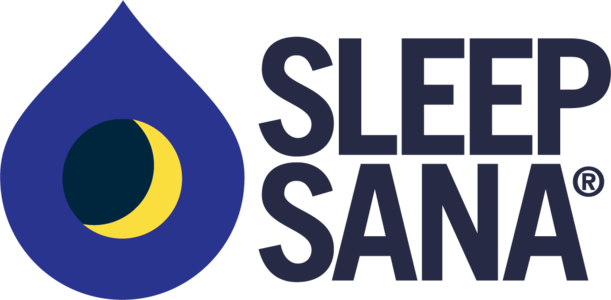Sleepsana Blog

For years, people have been claiming that caffeine consumption during the day can actually affect your sleep schedule at night.
On the surface, that makes complete sense. After all, people take caffeine to help them stay awake, to help them feel more alert and to help them be more focused, among other things. Surely, that type of substance would affect your sleep patterns, right?
According to sleepfoundation.org, "Because caffeine is a stimulant, most people use it after waking up in the morning or to remain alert during the day. While it is important to note that caffeine cannot replace sleep, it can temporarily make us feel more alert by blocking sleep-inducing chemicals in the brain and increasing adrenaline production."
"Once in the body, caffeine will persist for several hours: it takes about 6 hours for one half of the caffeine to be eliminated."
Let's get to the big question we have all been waiting for: Does caffeine consumption really affect your sleep schedule? Well, according to a new study, it depends on how many cups of coffee you consume.
According to SleepScore Labs' latest study (via huffingtonpost.com), too much coffee can lead to less sleep.
"Three or fewer cups of coffee didn’t notably affect average sleep time much, but those who drank four cups or more slept 26 minutes less."

The key takeaway from this study: As long as you drink three or fewer cups of coffee throughout the day -- which is still a decent amount, wouldn't you say? -- you should still be able to get a good night's rest without caffeine getting in the way.
With that in mind, if you drink three cups of coffee right before you go to bed, then don't be surprised if getting to sleep becomes the toughest obstacle out there.
Too much of a good thing is typically a bad thing, and that seems to be the case with coffee when it comes to sleep.
To see what Sleepsana has to offer, make sure to like us on Facebook. You can also read more blogs by following this link.
